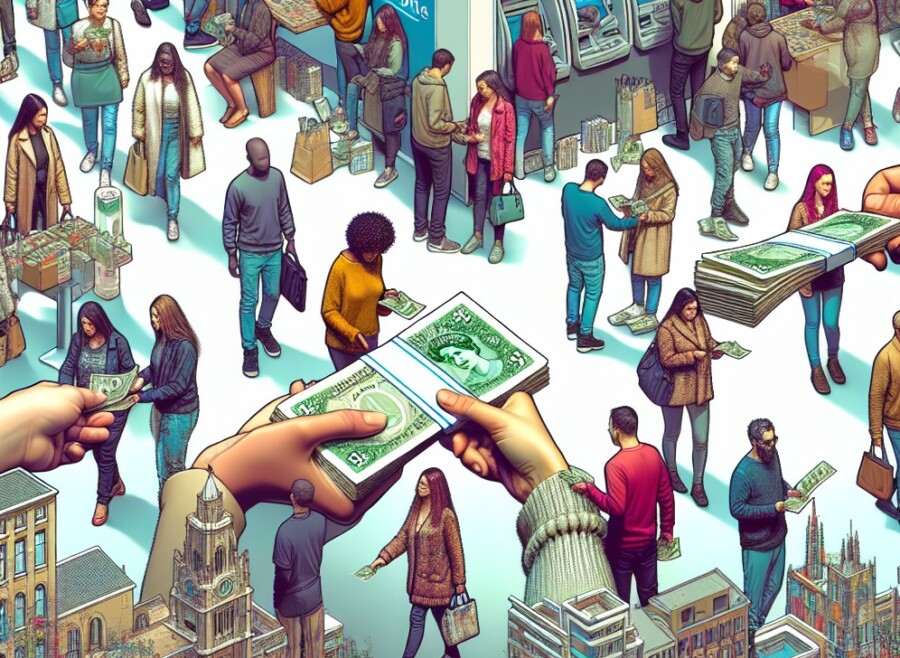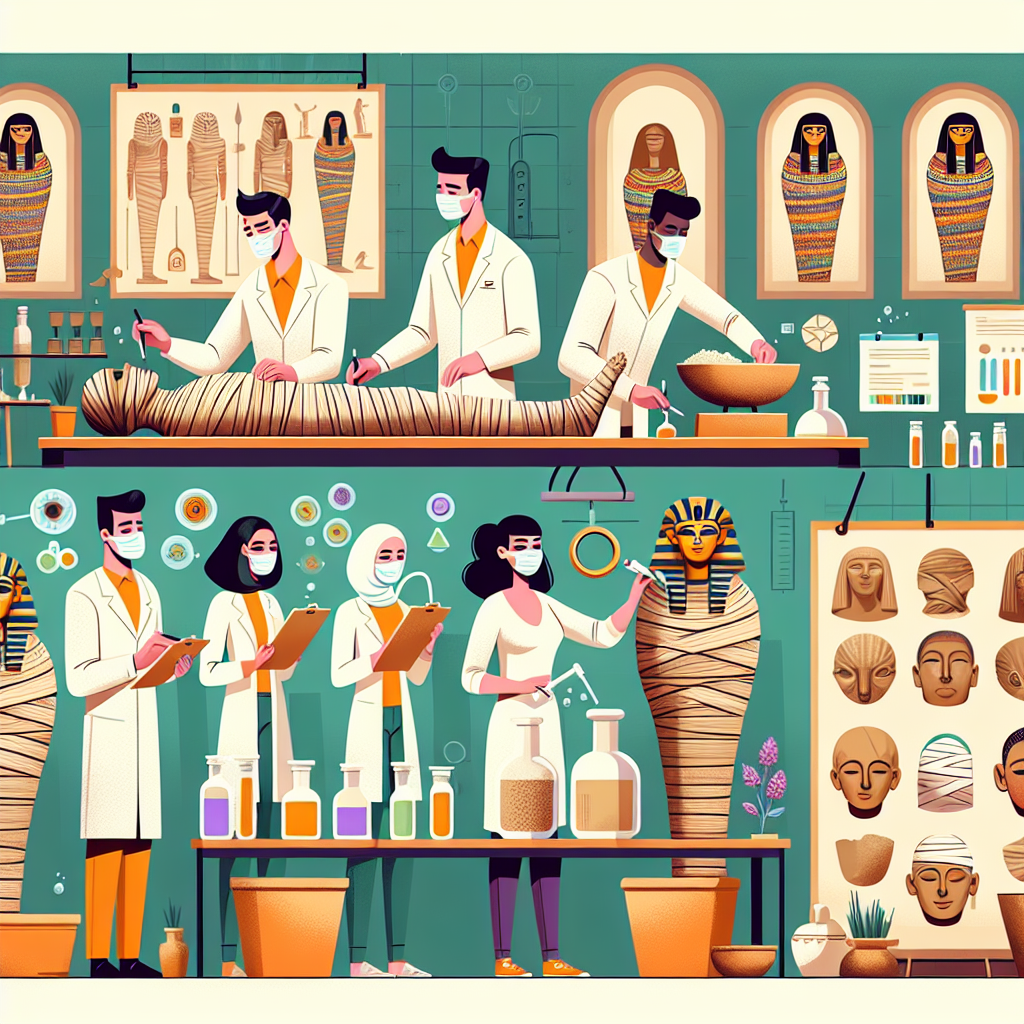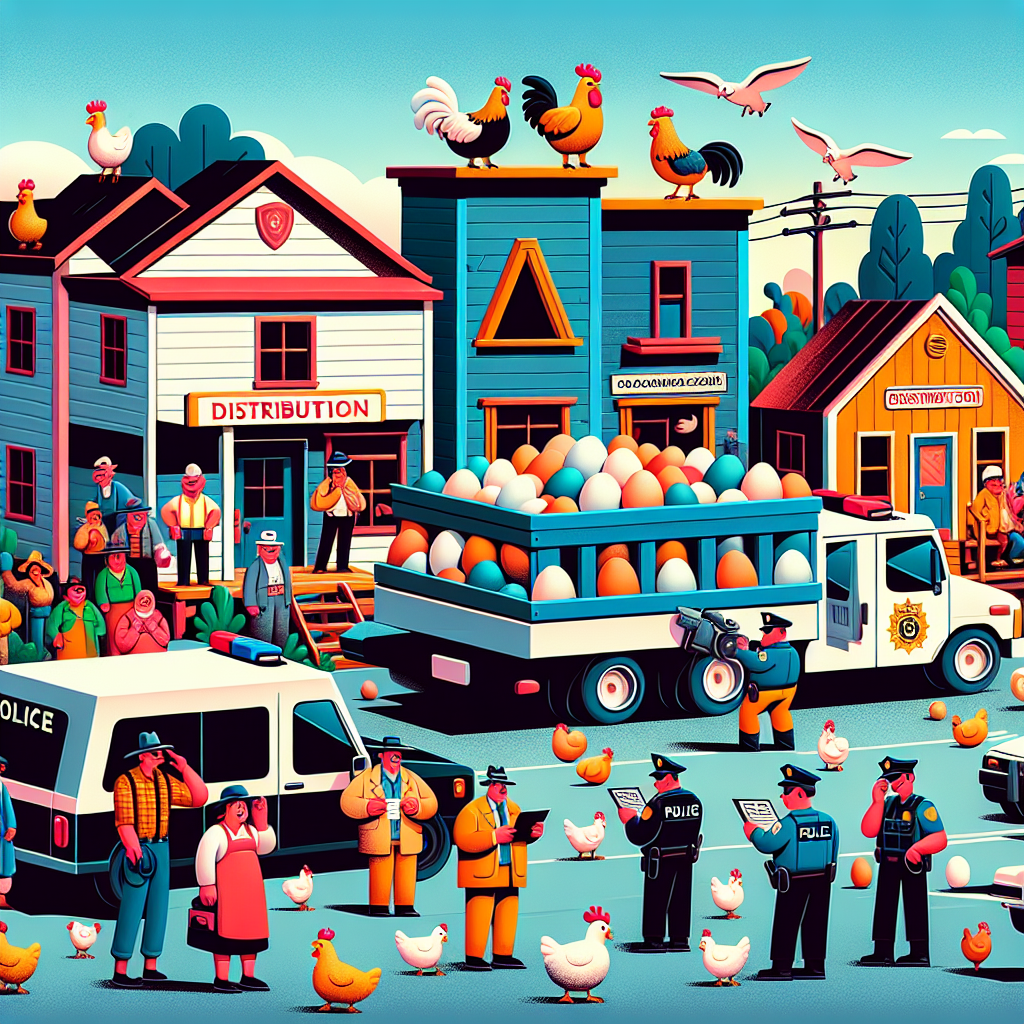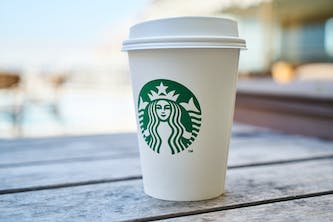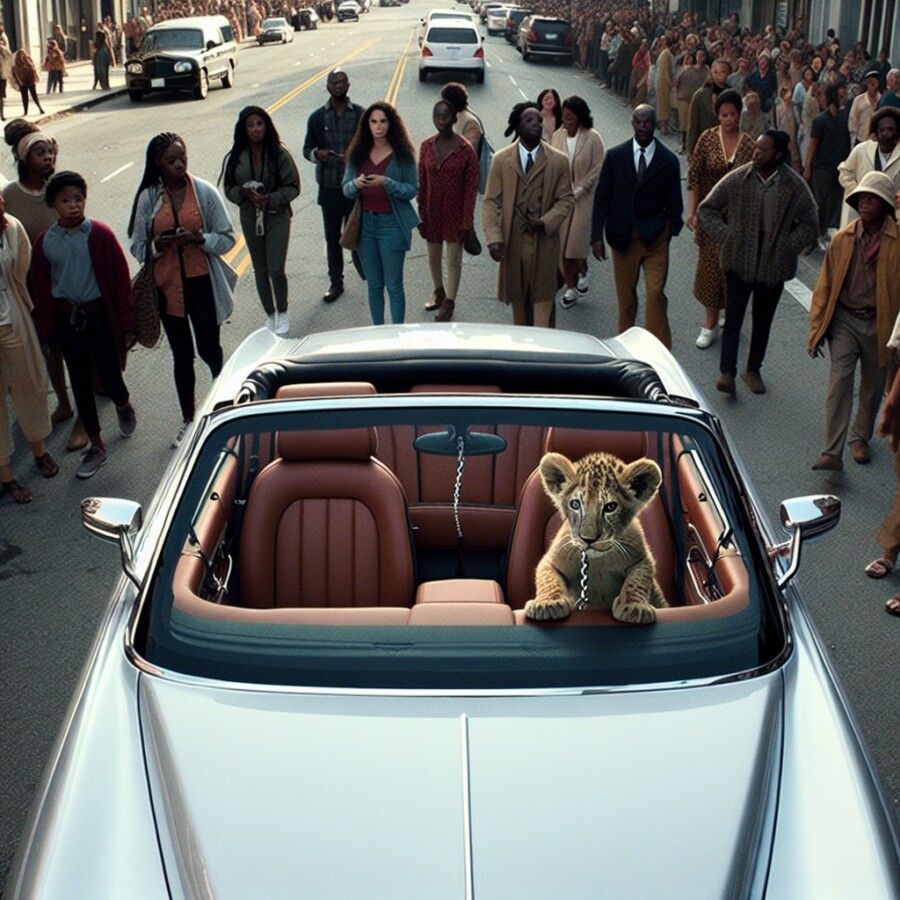Using cash in the UK has gone up for the first time in ten years, says the British Retail Consortium. They found that 19% of purchases were made with cash last year, which is more than the 15% from the year before. People are using more cash because they want to keep a close eye on their money as prices go up. The government is also making new rules to make sure that people can still get cash. If banks can’t let people take out or put in cash, they will have to pay a fine. The government wants to make sure that everyone can get cash for free within one mile in cities and three miles in the countryside.
The increase in cash use shows that people are being careful with their money because things are getting more expensive. The pandemic also made people use more cash, even though they were using less before. But the consortium says that card payments are still more popular, and cash use will probably go down again in the future. Shops have to pay more money to accept card payments. In September, UK Finance said that cash use had gone up too, but they think it will go down again when things get better. Even so, people still want to make sure they can get cash because banks and cash machines are closing.
To make sure people can still get cash, the Financial Conduct Authority (FCA) has made new rules for banks and building societies. They have to check if there are places where people can’t get cash and fix it. The FCA wants to stop people and businesses from having to pay too much or having trouble getting their money. Banks will have to give more cash services to fill in the gaps, and they have to think about things like how easy it is to get there and how old the people are who live there. The FCA wants to make sure that things change slowly and that people can still get cash if they need it.
The new rules come after the FCA got new powers from the Financial Services and Markets Act 2023. But the FCA can’t stop banks from closing branches. They know that more people are using digital payments, but there are still over three million people who need cash, especially people who are more at risk. The new rules want to find a balance between using digital payments and still being able to get cash. The FCA wants people to tell them about their experiences with cash and getting it by getting in touch.
Original news source: Shopping with cash rises for first time in a decade (BBC)
Listen:
Slow
Normal
Fast
Vocabulary:
| 1 | cash | Money in the form of coins or notes |
| 2 | purchases | Things that you buy |
| 3 | prices | The amount of money that you have to pay for something |
| 4 | rules | Instructions that you have to follow |
| 5 | fine | Money that you have to pay as a punishment |
| 6 | countryside | Areas outside of cities with farms and open spaces |
| 7 | increase | A rise or growth in something |
| 8 | pandemic | A widespread disease that affects many people |
| 9 | consortium | A group of organizations or companies working together |
| 10 | payments | The act of giving money for something |
| 11 | services | Help or assistance provided to people |
| 12 | branches | The parts of a company or organization that deal with customers |
| 13 | digital | Using computers or technology to do something |
| 14 | balance | The state of having things in equal amounts or importance |
| 15 | experiences | Personal encounters or events that you have gone through |
Group or Classroom Activities
Warm-up Activities:
– Charades
Instructions: Divide the class into small groups. Give each group a slip of paper with a word or phrase related to the article (e.g., “cash”, “card payment”, “bank closure”). One member of each group will act out the word or phrase without speaking, while the others try to guess what it is. The group that guesses correctly gets a point. Repeat with different words or phrases.
– News Summary
Instructions: In pairs, students take turns summarizing the main points of the article to their partner. Encourage them to use their own words and focus on the most important information. After both partners have summarized the article, they can compare their summaries and discuss any differences or similarities.
– Opinion Poll
Instructions: Create a list of statements related to the article (e.g., “Using cash is more secure than using card payments”, “Banks should be required to provide cash services in every neighborhood”). Have students circulate the room and ask their classmates for their opinions on each statement. They can record the responses and then share their findings with the class.
– Vocabulary Pictionary
Instructions: Give each student a vocabulary word from the article (e.g., “pandemic”, “consortium”, “Financial Conduct Authority”). Without using any words, students must draw a picture to represent their word. The rest of the class then tries to guess what word is being depicted. This activity can be done individually or in small groups.
– Future Predictions
Instructions: In pairs or small groups, students discuss and make predictions about the future of cash use and digital payments based on the information in the article. They should consider factors such as changing consumer behavior, technological advancements, and government regulations. After their discussion, each group can share their predictions with the class and explain their reasoning.
Comprehension Questions:
1. According to the British Retail Consortium, has the use of cash in the UK increased or decreased?
2. Why are people using more cash in the UK?
3. What will happen if banks cannot provide cash services to their customers?
4. What is the government’s goal regarding access to cash in cities and the countryside?
5. Why did the pandemic lead to an increase in cash use?
6. Are card payments more popular than cash payments in the UK?
7. Why do shops have to pay more money to accept card payments?
8. What new rules has the Financial Conduct Authority (FCA) made for banks and building societies regarding cash services?
Go to answers ⇩
Listen and Fill in the Gaps:
Using cash in the UK has gone up for the first time in ten years, says the British Retail Consortium. They found that 19% of (1)______ were made with cash last year, which is more than the 15% from the year before. (2)______ are using more cash because they want to keep a close eye on their money as prices go up. The (3)______ is also making new rules to make sure that (4)______ can still get cash. If banks can’t let people take out or put in cash, they will have to pay a fine. The government wants to make sure that everyone can get cash for free within one mile in cities and three miles in the countryside.
The increase in cash use shows that people are being careful with their (5)______ because things are (6)______ more (7)______. The pandemic also made people use more cash, even though they were using less before. But the consortium says that card payments are still more popular, and cash use will probably go down again in the future. Shops have to pay more money to accept card payments. In September, UK (8)______ said that cash use had gone up too, but they think it will go down again when things get better. Even so, people still want to make sure they can get cash because banks and cash machines are closing.
To make sure people can still get cash, the Financial Conduct Authority (FCA) has made new (9)______ for banks and (10)______ societies. They have to (11)______ if there are places where people can’t get cash and fix it. The FCA wants to stop people and businesses from having to pay too much or having trouble getting their money. (12)______ will have to give more cash services to fill in the gaps, and they have to think about things like how easy it is to get there and how old the people are who live there. The FCA wants to make sure that things change slowly and that people can still get cash if they need it.
The new rules come after the FCA got new (13)______ from the Financial Services and (14)______ Act 2023. But the FCA can’t stop (15)______ from closing branches. They know that more people are (16)______ digital payments, but there are still over three million people who need cash, especially people who are more at risk. The new rules want to find a balance between using digital payments and still being able to get cash. The FCA wants people to tell them about their experiences with cash and getting it by getting in touch.
Go to answers ⇩
Discussion Questions:
Students can ask a partner these questions, or discuss them as a group.
1. What is the British Retail Consortium?
2. How would you feel if you had to pay a fine for not being able to get cash from a bank?
3. Do you like using cash or card payments better? Why?
4. Do you think cash use will continue to increase in the future? Why or why not?
5. What are some reasons people might prefer to use cash instead of card payments?
6. How would you feel if all the banks and cash machines in your area closed?
7. What is the Financial Conduct Authority (FCA) and what are their new rules for banks?
8. Why do you think the FCA wants to make sure people can still get cash if they need it?
9. What are some advantages and disadvantages of using digital payments?
10. How would you feel if you had to travel a long distance to get cash because there were no banks nearby?
11. Do you think it’s important for the government to ensure that everyone can get cash for free? Why or why not?
12. What are some potential problems with using only digital payments and not having access to cash?
13. How would you feel if you had to rely solely on digital payments and couldn’t use cash at all?
14. Do you think the FCA’s new rules will be effective in ensuring people can still get cash? Why or why not?
15. Have you ever had any difficulties or experiences with getting cash? If so, what were they?
Individual Activities
Vocabulary Meanings:
Match each word to its meaning.
Words:
1. cash
2. purchases
3. prices
4. rules
5. fine
6. countryside
7. increase
8. pandemic
9. consortium
10. payments
11. services
12. branches
13. digital
14. balance
15. experiences
Meanings:
(A) Money that you have to pay as a punishment
(B) Things that you buy
(C) Money in the form of coins or notes
(D) The parts of a company or organization that deal with customers
(E) Using computers or technology to do something
(F) Instructions that you have to follow
(G) The amount of money that you have to pay for something
(H) A group of organizations or companies working together
(I) Personal encounters or events that you have gone through
(J) Help or assistance provided to people
(K) Areas outside of cities with farms and open spaces
(L) A rise or growth in something
(M) The state of having things in equal amounts or importance
(N) The act of giving money for something
(O) A widespread disease that affects many people
Go to answers ⇩
Multiple Choice Questions:
1. According to the British Retail Consortium, what has happened to cash use in the UK?
(a) It has gone down significantly.
(b) It has gone up for the first time in ten years.
(c) It has remained the same as the previous year.
(d) It has fluctuated unpredictably.
2. Why are people using more cash in the UK?
(a) They want to keep a close eye on their money as prices go up.
(b) They find cash more convenient than other payment methods.
(c) The government has made it mandatory to use cash for all purchases.
(d) They are trying to support local businesses that only accept cash.
3. What will happen if banks cannot provide cash services to their customers?
(a) They will be forced to close down.
(b) The government will provide them with financial assistance.
(c) They will have to pay a fine.
(d) They will be allowed to continue operating without offering cash services.
4. What is the government’s goal regarding access to cash in cities and the countryside?
(a) To make cash completely obsolete and encourage digital payments.
(b) To limit access to cash in order to reduce its use.
(c) To ensure that everyone can get cash for free within one mile in cities and three miles in the countryside.
(d) To increase the distance people have to travel to access cash.
5. What is the consortium’s prediction about the future of cash use in the UK?
(a) Cash use will continue to increase steadily.
(b) Cash use will remain the same as it is currently.
(c) Cash use will fluctuate unpredictably.
(d) Cash use will probably go down again.
6. Why did people use more cash during the pandemic?
(a) The government mandated the use of cash for all transactions.
(b) Despite using less cash before, people found it more secure during uncertain times.
(c) Cash became more widely available during the pandemic.
(d) People were unable to access digital payment methods during lockdown.
7. What actions has the Financial Conduct Authority (FCA) taken to ensure access to cash?
(a) The FCA has made new rules for banks and building societies to ensure access to cash.
(b) The FCA has closed down banks and cash machines to promote digital payments.
(c) The FCA has increased fees for cash services to encourage digital payments.
(d) The FCA has implemented stricter regulations on cash use in the UK.
8. What is the main goal of the new rules implemented by the FCA?
(a) To eliminate the use of cash entirely in the UK.
(b) To force banks to keep branches open indefinitely.
(c) To encourage people to switch to digital payment methods.
(d) To find a balance between digital payments and access to cash.
Go to answers ⇩
True or False Questions:
1. Cash usage in the UK has increased for the first time in ten years, according to the British Retail Consortium.
2. The government is implementing new regulations to ensure that people have access to cash.
3. The Financial Conduct Authority has not introduced new rules for banks and building societies to ensure that people have access to cash, particularly those who are at risk or in areas with limited access.
4. Banks that fail to provide cash services may not face fines.
5. People are using more cash because they want to closely monitor their spending as prices rise.
6. Last year, 19% of purchases were made with cash, compared to 15% the previous year.
7. The government does not aim to ensure that free cash access is available within one mile in cities and three miles in rural areas.
8. Although cash usage has increased, card payments are not more popular, and cash usage is not expected to decline in the future.
Go to answers ⇩
Write a Summary:
Write a summary of this news article in two sentences.
Check your writing now with the best free AI for English writing!
Writing Questions:
Answer the following questions. Write as much as you can for each answer.
Check your answers with our free English writing assistant!
1. According to the British Retail Consortium, what has happened to the use of cash in the UK for the first time in ten years?
2. Why are people using more cash in the UK?
3. What will happen to banks if they can’t let people take out or put in cash?
4. What does the government want to ensure in terms of access to cash in cities and the countryside?
5. What does the Financial Conduct Authority want to achieve with the new rules for banks and building societies?
Answers
Comprehension Question Answers:
1. According to the British Retail Consortium, has the use of cash in the UK increased or decreased?
– The use of cash in the UK has increased.
2. Why are people using more cash in the UK?
– People are using more cash in the UK because they want to keep a close eye on their money as prices go up.
3. What will happen if banks cannot provide cash services to their customers?
– If banks cannot provide cash services to their customers, they will have to pay a fine.
4. What is the government’s goal regarding access to cash in cities and the countryside?
– The government wants to make sure that everyone can get cash for free within one mile in cities and three miles in the countryside.
5. Why did the pandemic lead to an increase in cash use?
– The pandemic led to an increase in cash use because people wanted to have physical money on hand during uncertain times.
6. Are card payments more popular than cash payments in the UK?
– Yes, card payments are more popular than cash payments in the UK.
7. Why do shops have to pay more money to accept card payments?
– Shops have to pay more money to accept card payments because there are fees associated with processing card transactions.
8. What new rules has the Financial Conduct Authority (FCA) made for banks and building societies regarding cash services?
– The FCA has made new rules for banks and building societies to ensure that people can still access cash. They have to check if there are areas where people can’t get cash and make improvements. Banks will have to provide more cash services to fill in the gaps, taking into consideration factors like accessibility and the needs of different age groups.
Go back to questions ⇧
Listen and Fill in the Gaps Answers:
(1) purchases
(2) People
(3) government
(4) people
(5) money
(6) getting
(7) expensive
(8) Finance
(9) rules
(10) building
(11) check
(12) Banks
(13) powers
(14) Markets
(15) banks
(16) using
Go back to questions ⇧
Vocabulary Meanings Answers:
1. cash
Answer: (C) Money in the form of coins or notes
2. purchases
Answer: (B) Things that you buy
3. prices
Answer: (G) The amount of money that you have to pay for something
4. rules
Answer: (F) Instructions that you have to follow
5. fine
Answer: (A) Money that you have to pay as a punishment
6. countryside
Answer: (K) Areas outside of cities with farms and open spaces
7. increase
Answer: (L) A rise or growth in something
8. pandemic
Answer: (O) A widespread disease that affects many people
9. consortium
Answer: (H) A group of organizations or companies working together
10. payments
Answer: (N) The act of giving money for something
11. services
Answer: (J) Help or assistance provided to people
12. branches
Answer: (D) The parts of a company or organization that deal with customers
13. digital
Answer: (E) Using computers or technology to do something
14. balance
Answer: (M) The state of having things in equal amounts or importance
15. experiences
Answer: (I) Personal encounters or events that you have gone through
Go back to questions ⇧
Multiple Choice Answers:
1. According to the British Retail Consortium, what has happened to cash use in the UK?
Answer: (b) It has gone up for the first time in ten years.
2. Why are people using more cash in the UK?
Answer: (a) They want to keep a close eye on their money as prices go up.
3. What will happen if banks cannot provide cash services to their customers?
Answer: (c) They will have to pay a fine.
4. What is the government’s goal regarding access to cash in cities and the countryside?
Answer: (c) To ensure that everyone can get cash for free within one mile in cities and three miles in the countryside.
5. What is the consortium’s prediction about the future of cash use in the UK?
Answer: (d) Cash use will probably go down again.
6. Why did people use more cash during the pandemic?
Answer: (b) Despite using less cash before, people found it more secure during uncertain times.
7. What actions has the Financial Conduct Authority (FCA) taken to ensure access to cash?
Answer: (a) The FCA has made new rules for banks and building societies to ensure access to cash.
8. What is the main goal of the new rules implemented by the FCA?
Answer: (d) To find a balance between digital payments and access to cash.
Go back to questions ⇧
True or False Answers:
1. Cash usage in the UK has increased for the first time in ten years, according to the British Retail Consortium. (Answer: True)
2. The government is implementing new regulations to ensure that people have access to cash. (Answer: True)
3. The Financial Conduct Authority has not introduced new rules for banks and building societies to ensure that people have access to cash, particularly those who are at risk or in areas with limited access. (Answer: False)
4. Banks that fail to provide cash services may not face fines. (Answer: False)
5. People are using more cash because they want to closely monitor their spending as prices rise. (Answer: True)
6. Last year, 19% of purchases were made with cash, compared to 15% the previous year. (Answer: True)
7. The government does not aim to ensure that free cash access is available within one mile in cities and three miles in rural areas. (Answer: False)
8. Although cash usage has increased, card payments are not more popular, and cash usage is not expected to decline in the future. (Answer: False)
Go back to questions ⇧



